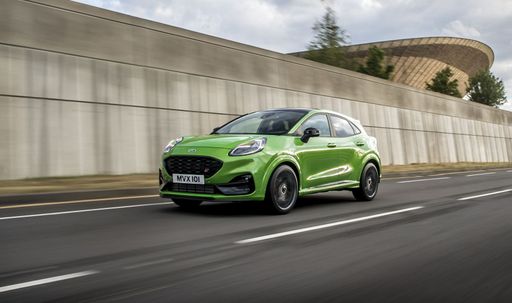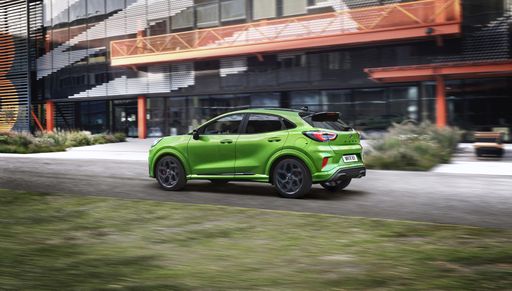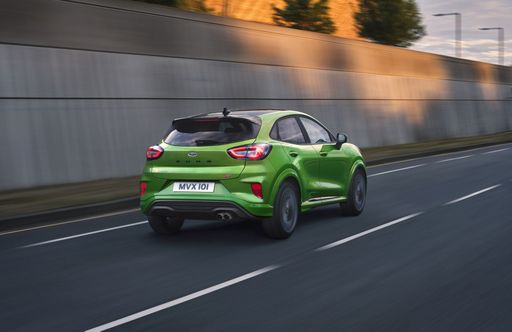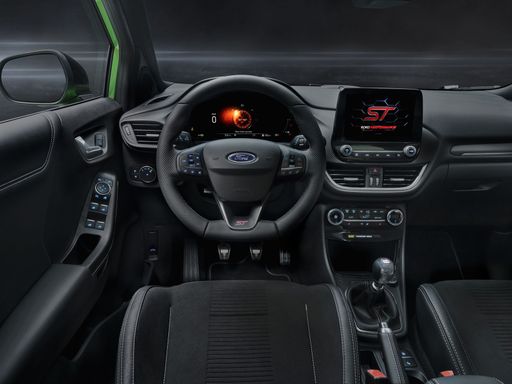Ford Puma vs Peugeot 208: A Battle of Innovation and Efficiency
When it comes to choosing a compact vehicle that offers a blend of performance, efficiency, and modern technology, the Ford Puma and Peugeot 208 make for a compelling comparison. Both vehicles offer unique advantages and distinct features to appeal to a wide range of drivers. Let's delve into the technical aspects and innovations of these two models to see which might align better with your automotive desires.








